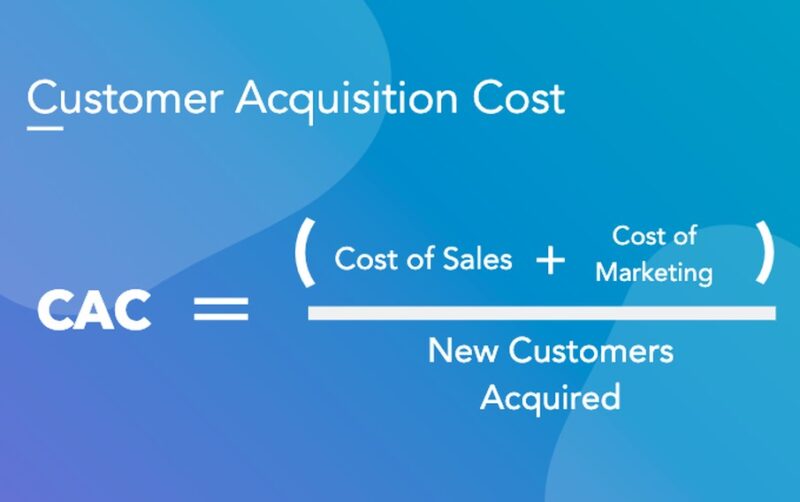Startups grow fast. But without the right strategy, that growth collapses just as fast. Scaling up means more than hiring people and chasing funding. It demands structure, systems, market readiness, and clear decisions. If your startup is shifting from surviving to thriving, now is the time to ask: What does sustainable growth really take?
Key Highlights
- Strategic scaling separates lasting startups from short-lived hype.
- Leadership must shift focus from product-building to team-building.
- Timing matters: scaling too soon often destroys momentum.
- Systems and data replace intuition during scale-up.
- Global expansion requires support, insight, and regulatory navigation.
- Startup services that connect you to networks can accelerate scale.
Nail the Foundation Before You Scale

Many startups jump into scaling when they land investment or close a few deals. That’s a mistake. You don’t scale a fragile structure. You stabilize, then you scale.
A startup must first prove it can:
- Acquire and retain customers profitably
- Deliver consistently at growing volumes
- Maintain product quality with minimal oversight
If those aren’t in place, you’re not ready.
Founders often resist structure. They associate systems with bureaucracy. But at scale, chaos kills growth. Start putting in operational routines. Start documenting decisions. Build internal tools that save time. Automate what drains energy.
Don’t skip internal alignment. Founders must lead with clarity. If one co-founder wants hypergrowth and another wants lifestyle balance, scale breaks. Lock the vision. Agree on the pace. Be ready to say no to distractions, even shiny partnerships.
Expand Through Systems, Not Just Headcount

Too many startups equate scale with hiring. You don’t scale a startup by hiring. You scale it by creating repeatable, predictable, measurable systems—then hiring to run those systems.
Systems are:
- Sales pipelines that track conversion by stage
- Customer support flows that cut churn
- Data dashboards that flag issues before they explode
When you add people without systems, you create confusion. When you add systems before people, you create leverage.
This is where “startup services” become critical. Startup services help starting businesses transition from early-stage scramble to global scale-readiness. They bridge regulatory gaps. They connect startups with mentors, investors, and international resources. If you’re planning to expand in Asia—or if you want to build networks beyond your home market—NSSC offers tools that reduce friction and increase reach.
The key? Use support ecosystems early. Don’t wait until you’re drowning in opportunity. Engage while you’re still setting the pace.
Time Market Expansion Carefully
Going global sounds impressive. But scale doesn’t mean everywhere. It means more of what works. Then wider—but only when the product, message, and team are ready.
Enter too early and you burn money, strain resources, and confuse the brand.
Signs you’re ready for new markets:
- Strong retention in your home market
- A second customer segment showing interest organically
- Bandwidth in leadership to manage new geography
Startups also face structural barriers. Local laws. Culture gaps. Language issues. Don’t underestimate the complexity.
Use partnerships. Leverage incubators. Study local habits. For example, if you’re expanding to Southeast Asia, having a partner like NSSC with deep local networks and regulatory insight gives you an edge.
Build a Leadership Team That Owns, Not Reacts

Founders must let go of control to grow. You don’t scale by doing more. You scale by empowering others to lead.
Three moves founders must make:
- Hire experienced leaders who’ve built teams before
- Set clear ownership zones for each executive
- Shift to strategic focus, not tactical firefighting
Most founders wait too long to build a C-suite. They hire junior managers and try to oversee everything. That’s unsustainable.
Your first leadership hires should be people who can:
- Set direction without constant input
- Hire and manage their own teams
- Bring processes from companies that already scaled
Trust matters. Don’t hire for credentials. Hire for decision-making, grit, and adaptability.
Lock In Core Metrics and Build a Dashboard
You can’t scale what you can’t measure. Founders must track numbers that show reality—not vanity.
Avoid shallow metrics. Impressions, downloads, or followers don’t tell you if you’re scaling effectively. Focus on:

- CAC (Customer Acquisition Cost)
- LTV (Lifetime Value)
- MRR (Monthly Recurring Revenue)
- NPS (Net Promoter Score)
- Churn rate
Create one dashboard that every department sees. Update it weekly. React to it immediately. Data is only useful if it’s read, interpreted, and acted on.
If your team can’t recite your core KPIs, you’re not ready to grow.
Protect Culture as You Scale
Rapid scale breaks culture fast. New hires dilute the original energy. Speed turns communication sloppy. Teams split into silos.
Founders must protect what made the startup great.
Start with values that are:
- Clear and specific (not generic like “Integrity” or “Innovation”)
- Embedded in daily operations
- Reflected in hiring and firing decisions
Create rituals that connect old and new employees. Keep communication open. Hold AMA sessions. Share customer wins. Reinforce purpose.
As headcount grows, decentralize decisions—but centralize mission.
Secure Cashflow for Scale, Not Survival
Most early-stage startups chase survival capital. Scale requires strategic capital—funding that supports growth, not just continuity.
Break your fundraising strategy into stages:
- Capital for validating the model
- Capital for growing operations
- Capital for entering new markets
- Capital for doubling down on what’s working
Bring in investors who understand your stage. Not just money. Smart money.
Avoid “good on paper” capital. The wrong investor slows momentum. Look for backers who’ve helped similar startups scale.
Map out cash runway. Know your burn rate. Build in buffers. Don’t get blindsided.
Learn to Say No More Than Yes
Scaling up means pruning, not just adding. Every new initiative must pass a test:
- Does it align with our core mission?
- Does it have a clear ROI?
- Does the team have bandwidth?
Discipline is rare during scale. Excitement hides bad decisions. Founders chase features, geographies, channels, even acquisitions too fast.
Say no to:
- Unclear partnership offers
- Customers that pull you off roadmap
- Press that distracts the team
- Products that please VCs but not users
Say yes only when it builds long-term strength.
Final Thoughts – Grow on Purpose, Not by Accident
Effective scaling isn’t luck. It’s structure. Systems. Leadership. Strategic patience.
Startups that scale well do a few things right. They build strong internal engines. They use support platforms to navigate tough transitions. They let go of ego and hire great operators. They lead with purpose—and protect it during chaos.
Sustainable growth happens when you choose it. Not when it surprises you. Don’t rush. Don’t improvise. Design the next stage of your startup with intent, or risk being another cautionary tale.

